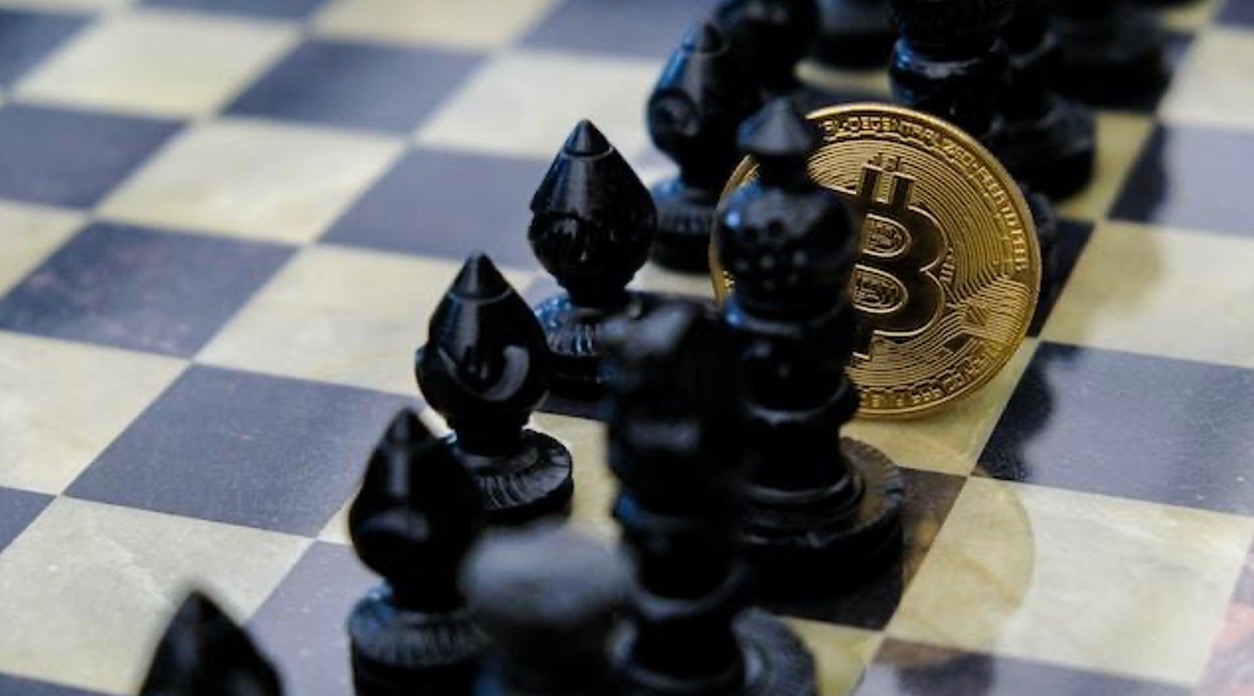Blockchain technology has seen extensive application in several sectors, including finance, supply chain management, education, healthcare, real estate, and public services. The technology has revolutionized these sectors, bringing new levels of security and data privacy. Interestingly, blockchain technology has also significantly advanced the gaming industry as much as it has improved others.
According to a Markets and Markets report, revenue from the global blockchain gaming market hit $4.6 billion in 2022, and is expected to be $65.7 billion at the end of 2027, representing a compound annual growth rate (CAGR) of 70.3%.
Why is Blockchain Gaming Becoming Popular?
The growing interest and optimistic CAGR for blockchain gaming is unsurprising, considering the many advantages of the blockchain. Some of these include:
Financial Gain
Blockchain technology helped popularize the play-to-earn (P2E) gaming model where players earn from gameplay. It is the bedrock of the GameFi (game finance) experience, which combines online gaming with decentralized finance, supporting an in-game economy. Players can earn cryptocurrencies, rare items, and non-fungible tokens (NFTs) from regular gameplay and milestone achievements. In some cases, the NFTs acquired may have real-world value and can be sold on an NFT marketplace.
Ownership
Players can truly own the digital assets and NFTs obtained from playing blockchain games. These games may tokenize characters, skins, weapons, costumes, and other items that the players can truly own outside of the ecosystem. In traditional gaming, players do not own in-game assets even after spending real money to acquire them.
In addition to ownership, blockchain adds provenance, allowing prospective buyers to confirm the authenticity and history of an item before a purchase.
Payments
Blockchain technology significantly improves payments in gaming. Firstly, transactions are faster, especially when compared with traditional banking systems. This speed is great for players who want to quickly make in-game purchases to improve their progress. In addition, blockchain transactions charge fees considerably cheaper than traditional options because there are no intermediaries required to process the payments.
Players also enjoy enhanced security, transparency, and trust on the blockchain. The technology makes cross-border transactions easy, especially for players accessing platforms that may be domiciled in foreign countries. This is advantageous for online casinos that cater to a wide range of audiences in different geographical locations. Some of the best bitcoin live casinos to play at accommodate a diverse mix of gamers who do not worry about payments in major fiat currencies like USD, EUR, or GBP. These casinos can be trusted because there is an immutable record of all payments on the Bitcoin blockchain.
Interoperability
Blockchain technology is the best chance of interoperability in the gaming industry. Although games may be built on different blockchains, developers tend to make their titles as compatible as possible with major blockchains like Ethereum. This promotes interoperability, allowing developers to create games that players can enjoy regardless of their preferred networks. Also, interoperability ensures that players can connect their wallets, regardless of the wallet provider, to enjoy seamless payments.
Challenges of Blockchain Gaming
To decide whether or not blockchain technology can function as the new standard for games, it is important to consider a few challenges stifling the growth of blockchain gaming. The following are some known barriers to blockchain adoption as a gaming standard:
Technical Knowledge
Unfortunately, integrating blockchain technology with gaming may be difficult for developers who do not fully understand all of its technicalities. Consequently, traditional creators who are interested in the benefits of blockchain may have a hard time entering the market. This also applies to consumers. For example, players looking to enjoy gambling games at a crypto casino, perhaps if fiat options are not available in their country, will first have to understand crypto’s volatility before gambling with it, and will still have to learn how to purchase it and use their crypto wallets.
Scalability
Blockchain technology’s struggle with scalability severely limits the benefits obtainable by the gaming sector. Many blockchains, including major networks, cannot handle high transaction volumes. This leads to a considerable delay in transaction processing, which can impede seamless gaming. Although there are now layer-2 networks that help to solve this problem, scalability is still a major challenge for blockchains.
Security
The blockchain is generally secure such that players can rest assured of the safety of their data and crypto tokens. However, blockchain platforms, especially centralized platforms, are still very susceptible to hacking. In March last year, hackers breached Axie Infinity’s Ronin sidechain and stole about $650 million in ETH and USDC tokens.
Will Blockchain Become a Standard for Gaming?
The blockchain gaming industry will likely benefit from gaming giants adopting the technology. For instance, Japanese multinational video game publisher Bandai Namco Entertainment Inc., known for games like Pac-Man, Tekken, and Soulcalibur, has dabbled in blockchain gaming. In August, Bandai Namco launched Ryuzo, an AI-powered pet game that allows players to own NFTs of their “Ryu” pets.
Other gaming giants like Ubisoft and Sega have also indicated interest in building games on the Oasys chain, the blockchain that hosts Ryu NFTs. And, the number of crypto-accepting casinos is always growing, with their number thought to be over 900 nowadays.
Despite these milestones, blockchain technology may not immediately enjoy a permanent position as the standard for gaming until adoption considerably increases and developers create workable solutions to tackle some of the challenges above.











